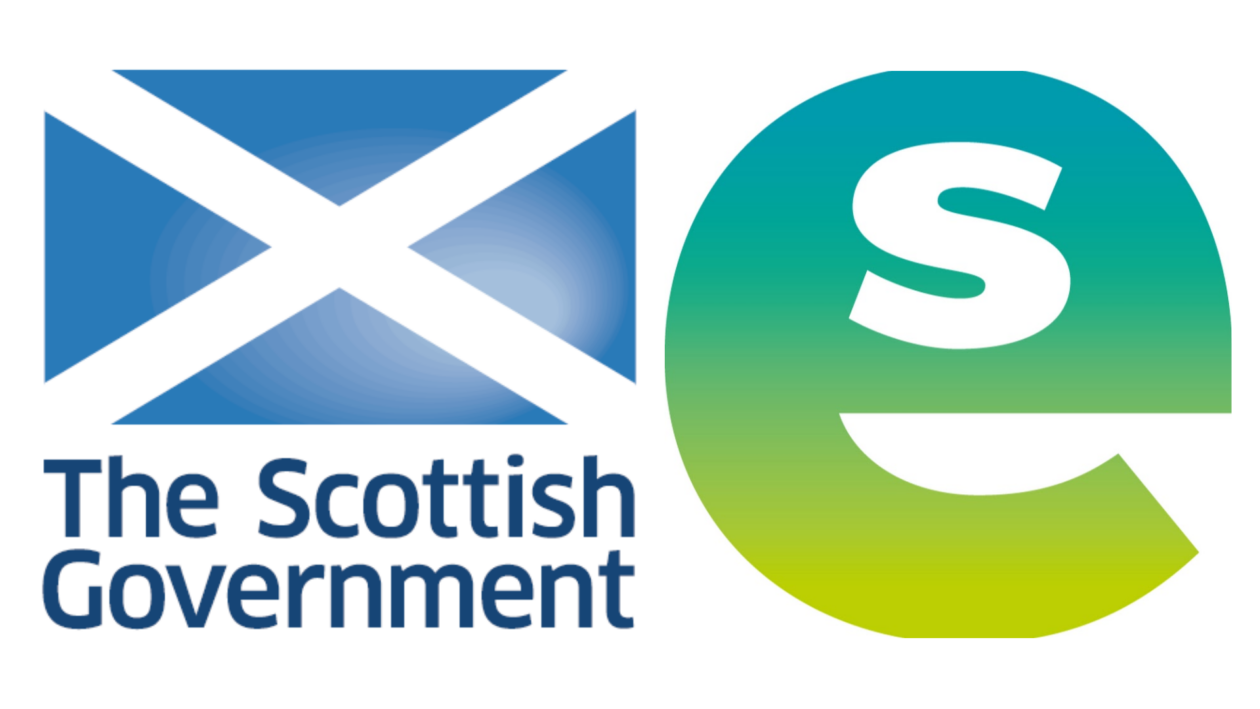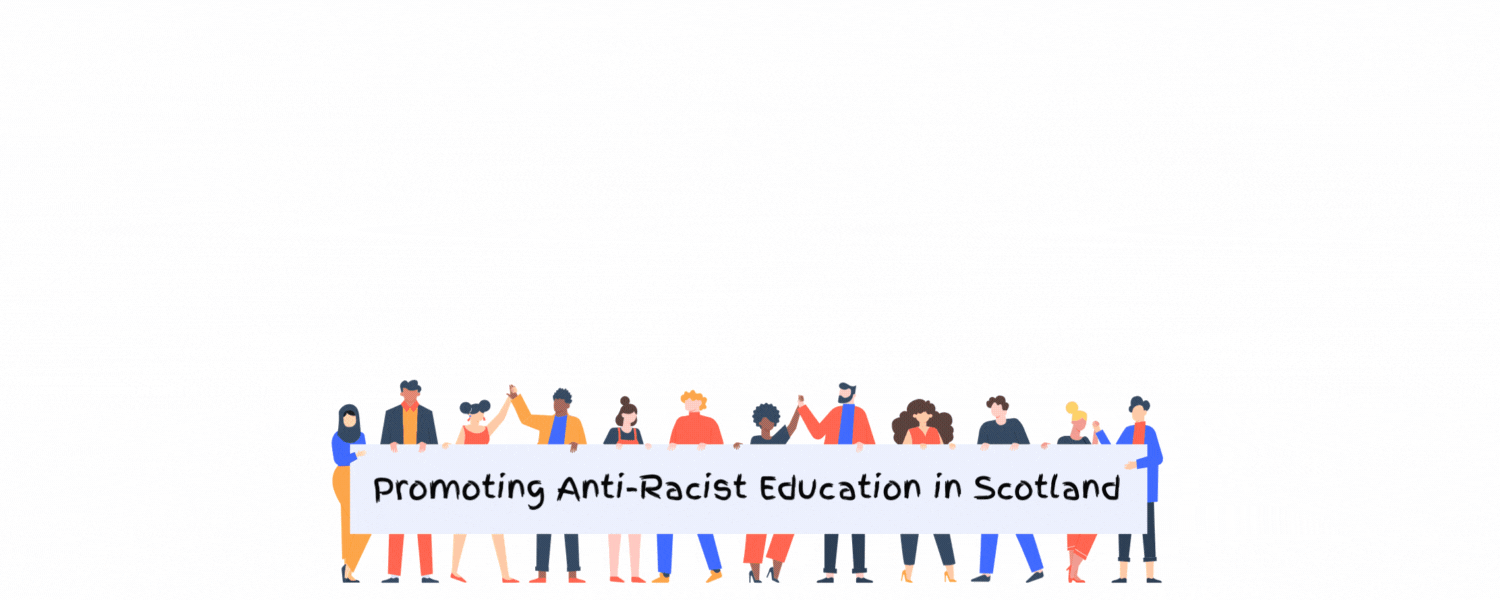Activities, tasks, games, problems and examples used within mathematics should reflect the multicultural nature of Scottish society without enhancing stereotypes. Representations of people engaged in mathematics should always reflect a broad range of people from different backgrounds. Mathematics can also be used to investigate issues of social injustice and racism.
| Second Level
|
|
| Experiences and Outcomes | Possible Activities |
| I have worked with others to explore, and present our findings on, how mathematics impacts on the world and the important part it has played in advances and inventions. MTH 2-12a | Research one or some of the following:
|
| I can apply my knowledge of number facts to solve problems where an unknown value is represented by a symbol or letter. MTH 2-15a | Suggestion to bundle MTH 2-15a with MTH 2-12a to investigate the history of algebra. (See above).
Learners could identify social issues (e.g. racial disparities in unemployment) and work on projects that challenge them to come up with just, mathematically-sound solutions to the problems that they identify. Learners could research and partner with local organisations to make the projects more relevant and meaningful. See radicalmath.org |
| Having discussed the variety of ways and range of media used to present data, I can interpret and draw conclusions from the information displayed, recognising that the presentation may be misleading. MNU 2-20a | Investigate how statistics can be interpreted in a variety of ways for different audiences and discuss how this links to misleading interpretations. Lots of dialogue about why data around employment, income, living situations, life expectancy may be represented in different ways. (Sensitivity over the context should be taken).
Explore statistics and the ways mathematics is used to analyse current social, economic and political issues, see social subjects for an interdisciplinary approach. Investigate how statistics can be interpreted in a variety of ways for different audiences and discuss how this links to misleading interpretations. Scot Dec’s Issues to Action resource on Maths and Global Citizenship has an array of idea to support the exploration of global issues within maths and numeracy. |
| Having explored a range of 3D objects and 2D shapes, I can use mathematical language to describe their properties, and through investigation can discuss where and why particular shapes are used in the environment. MTH 2-16a | In the following example tessellation is explored through Islamic art. |


